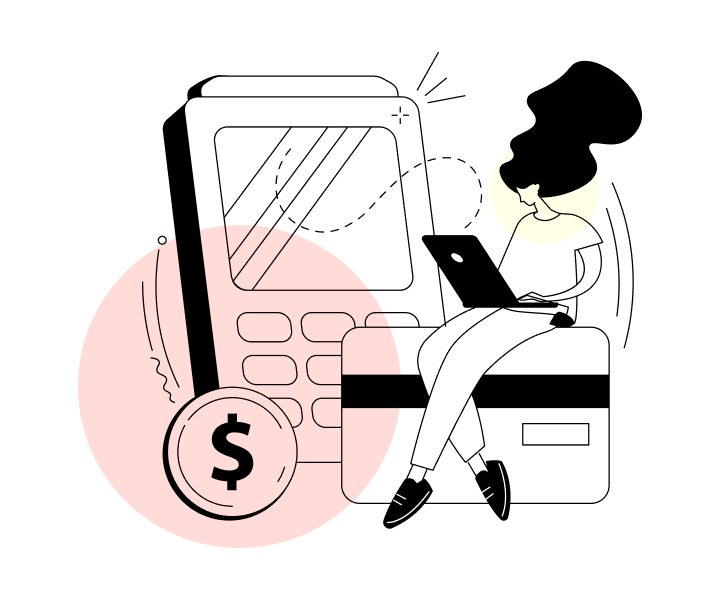Get all the expert help you need for only $20 when you’re 25 or younger with TurboTax
Canadian Tax Guide for YouTubers and Influencers
The Influencer and The Taxman: Do YouTubers and TikTokers Pay Taxes in Canada?
TurboTax Canada
January 23, 2025 | 4 Min Read
Updated for tax year 2025

Key Takeaways
- If you’re self-employed in Canada with an income greater than $30,000, you’ll need to register for a GST or HST number.
- Know exactly what income is taxable and report it accurately.
- Keep track of your expenses so you can reduce your taxable income.
Do YouTubers, TikTokers and influencers have to pay taxes in Canada?
Always.
If you post something and get paid for it, you pay taxes. If you’re compensated directly from the brands who sponsor you, you pay taxes. Gifts in Canada are not taxable unless from an employer – then there may be a taxable benefit. As long as the gift is not given in exchange for goods/services, then it is not taxable
If you’re self-employed in Canada with a business revenue greater than $30,000, you’ll need to register for a GST or HST number.
How do you file taxes as a content creator?
Most individuals who make money from social media are self-employed. This means you work for yourself as an independent contractor or sole proprietor. But in certain cases, it can make sense to incorporate. Here’s the difference from a tax perspective:
Independent contractors & sole proprietors
Corporation
Is your business expanding or starting to generate significant income? Are you thinking of hiring employees or taking on a partner?
These are among the many valid reasons to incorporate.
But it’ll bring more paperwork at tax time. Along with a T1 General personal tax return, you’ll also have to file a T2 Corporate Tax Return for your incorporated business.
TIP: Whether you break the internet as a sole proprietor or corporation really depends on the complexity and growth rate of your business. If you’re unsure, you can lean into the seasoned experts at TurboTax to help you make the right choice.
What income is taxable?
Everything you earn as a content creator counts as taxable income:
- If marketers pay you to promote their product on your channel or site, or if you refer your followers to theirs, that’s affiliate-related income.
- If you get speaking gigs and are paid cash or given an honorarium, you guessed it, that’s income.
- You receive gifts as compensation. Sweet, but the value of these gifts is considered income, and must be claimed as such.
Make sure you track what’s coming in, regardless of the source. Staying on top of your earnings and swag as it rolls in will keep your tax game strong. The one follower you don’t want is the taxman!
What expenses qualify as tax deductions?
When is the tax deadline if I’m self-employed?
The tax filing deadline for individual 2025 tax returns is April 30, 2026.
If you’re self-employed, you have until June 15, 2026 to file. But there’s a catch: if you owe money, the CRA will charge you interest from May 1, 2026 onwards. The sooner you file, the sooner you’ll get your refund.
Keeping a detailed record of all your expenses makes things so much smoother at tax time.
The only tax checklist you need
Get organized and tackle your taxes like a pro.
This self-employed tax prep checklist helps identify and organize your expenses on time and accurately.
Download Checklist
Keep more of your hard-earned money
Find unique deductions personalized to your line of work.
Get StartedRelated articles

© 1997-2024 Intuit, Inc. All rights reserved. Intuit, QuickBooks, QB, TurboTax, Profile, and Mint are registered trademarks of Intuit Inc. Terms and conditions, features, support, pricing, and service options subject to change without notice.
Copyright © Intuit Canada ULC, 2024. All rights reserved.
The views expressed on this site are intended to provide generalized financial information designed to educate a broad segment of the public; it does not give personalized tax, investment, legal, or other business and professional advice. Before taking any action, you should always seek the assistance of a professional who knows your particular situation for advice on taxes, your investments, the law, or any other business and professional matters that affect you and/or your business.









